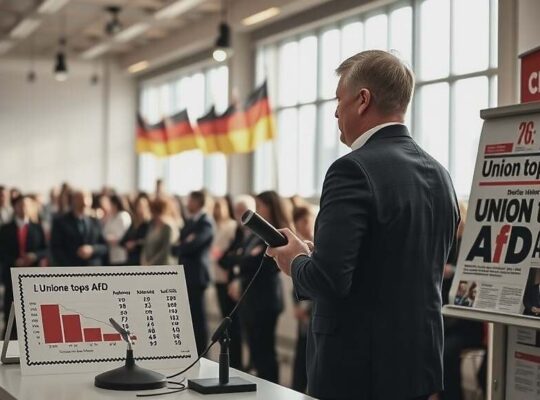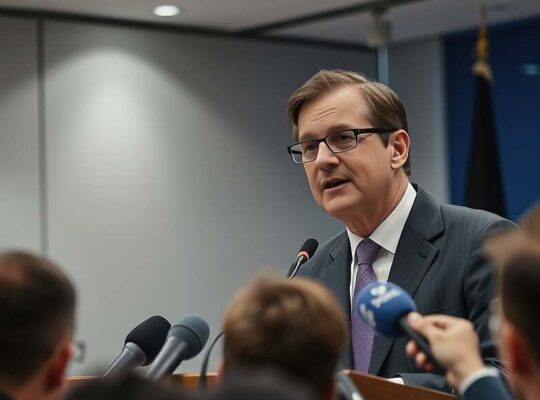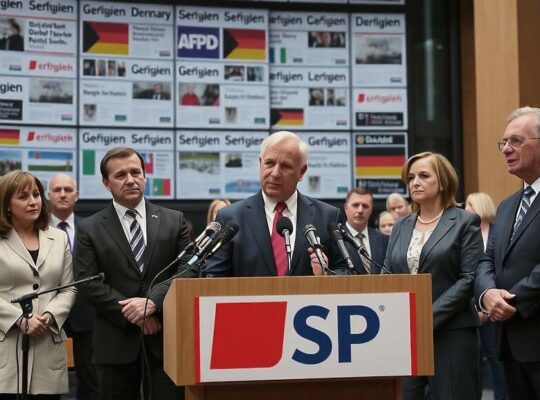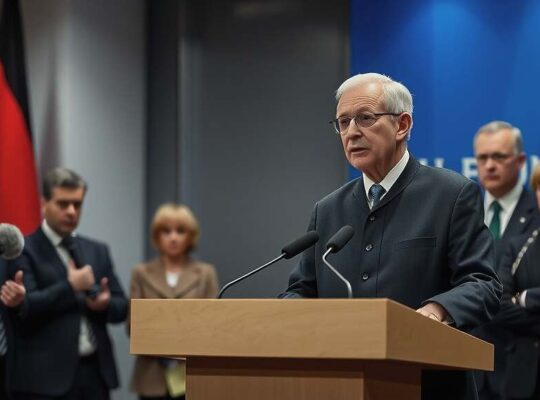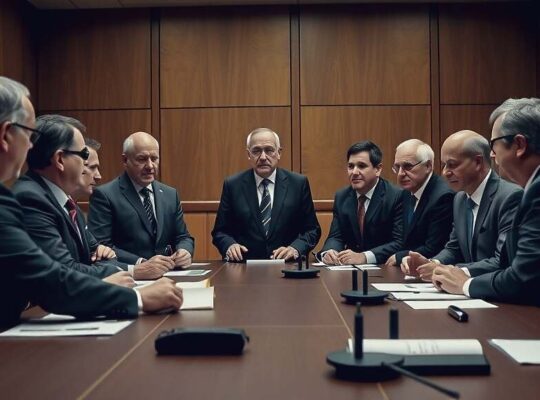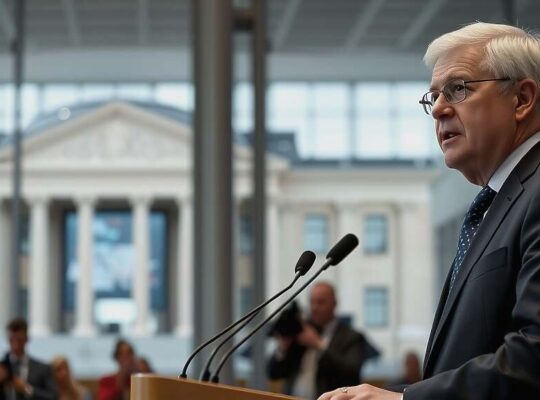The German family-owned businesses association, “Die Familienunternehmer” faces escalating pressure and a growing exodus of members following a controversial shift in its stance towards the Alternative for Germany (AfD). Fritz-Kola, a prominent beverage manufacturer, confirmed its departure from the association, citing fundamental disagreements with the leadership’s decision to abandon its previous distance from the far-right political party.
In a statement released to RTL and n-tv, Fritz-Kola asserted that the Verband’s revised policy was incompatible with the company’s core values, emphasizing the importance of an open and democratic society as the foundation for both economic and social action. This departure follows similar actions by other significant members, Rossmann and Vorwerk, signaling a deepening rift within the organization.
The Verband’s changing posture has triggered a wave of criticism from across the political spectrum. Thuringia’s Interior Minister, Georg Maier (SPD), argued in the Handelsblatt that he “understood” companies choosing to sever ties with the association, highlighting the “stark contradiction” between the AfD’s policies and the values of the German Mittelstand (small and medium-sized enterprises). Maier questioned the rationale behind the association’s courtship of the party, suggesting it constituted a form of normalization.
CDU foreign policy expert Roderich Kiesewetter echoed this sentiment, stating that remaining in the association risked undermining the credibility of businesses. He argued that the AfD’s agenda, characterized by protectionism, Euroscepticism and a questioning of the EU and Eurozone, directly undermines the conditions necessary for sustained economic strength.
The head of the CDU’s worker’s wing, Dennis Radtke, lauded the departures of Rossmann and Vorwerk as “appropriate and consistent” and urged further members to reconsider their affiliations. He characterized the AfD’s platform as demonstrably damaging to the export-oriented German economy, dismissing its blend of protectionism, agitation and calls for a return to the Deutsche Mark as fundamentally incompatible with sound business practices.
SPD parliamentarian Ralf Stegner underscored the responsibility businesses bear for upholding democracy in Germany. He urged the association to fulfill its obligation, asserting that companies should proactively terminate their memberships if it fails to do so.
Green Party politician Irene Mihalic similarly expressed understanding that companies felt increasingly misrepresented by the association. She predicted further departures, suggesting that a majority within the business community recognized the inclusion of the far-right AfD not as a matter of taste, but as a significant impediment to shared values and economic stability. The escalating crisis now places intense scrutiny on the leadership of “Die Familienunternehmer” and raises profound questions about the intersection of business and political responsibility within the German landscape.




